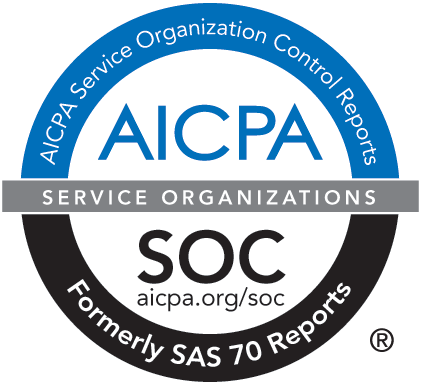Ante Up to the IRS: Tax Implications of Galas & Games
November 19, 2024 - As winter and spring gala seasons draw near, charitable organizations and their donors look forward to evenings of glamour and glitz, food and fellowship. But before we get too caught up in the fun of fundraising, let’s take a minute to consider what the IRS (aka “The Gala Grinch”) has to say on the subject. Charitable organizations and donors often have misunderstandings as to the tax and legal requirements of galas, auctions, and raffles, and it’s best to clarify deduction expectations before an event takes place.
Fundraising events involving games of chance are subject to a variety of laws from federal statutes enforced by the Federal Trade Commission, the U.S. Postal Service, and the Federal Communications Commission to diverse state laws that add to the legal complexity. Here, we’ll focus on fundraising events commonly used by charitable organizations, including raffles, auctions and galas.
What deductions are available for gala attendees?
At most galas, a donor purchases a ticket in exchange for a dinner and entertainment, forming a quid pro quo contribution, which occurs when a donor makes a contribution to a charity in exchange for something of value. Because gala attendees receive goods or services, they cannot deduct the cost of their ticket. However, if the gala ticket costs more than $75, and the value of what a donor receives in return (such as a meal and entertainment) is less than the cost of the ticket price, the donor can deduct the difference. For charitable deduction purposes, charities should inform donors of the fair market value of the goods or services received at a gala.
Can you purchase a gala ticket with a donor-advised fund grant?
The growing popularity of donor-advised funds (DAFs) has some donors attempting to use their DAF to pay for entry fees to galas, golf tournaments and other fundraising events. However, donors may not use their DAF to pay the cost of attendance to a charitable event. Nor should a donor attempt to split the cost of attendance, paying cash for the fair market value portion of the ticket and using a DAF grant to fund the “charitable” overage. Donors should pay the full admission fee to any charitable event without the use of DAF grants.
What deductions are available at charity auctions?
Charity auction attendees approach the bidding process with a spirit of generous support for the nonprofit’s mission, understanding that their payment for an auctioned item often exceeds its fair market value. Their generosity also can be rewarded with a tax deduction from the IRS. Donors who purchase items at a charity auction are eligible for a charitable deduction for the amount paid over the fair market value of the item if the donor can show that he or she knew the value of the item was less than the amount paid. To assist this deduction requirement, charities should publish good faith estimates of the value of items available for bidding.
Can you offer a raffle prize?
Generally, private lotteries (defined as a game of chance that awards a prize and requires consideration—such as an entry fee—to participate) are illegal. However, some states have exceptions to this ban on private lotteries, such as alternate method of entry or raffle provisions.
For instance, the Texas Charitable Raffle Enabling Act allows qualified nonprofits to hold up to four raffles per calendar year, with certain restrictions. Under this Act, the charity cannot offer a cash prize, the value of a purchased prize offered may not exceed $75,000, and all raffle proceeds must be used for the charitable purposes of the organization.
Raffle winners owe federal and (if applicable) state income tax on the fair market value of the prize. The charitable organization is required to report winnings of $600 or more and at least 300 times the amount of the wager, and also withhold taxes on prizes valued over $5,000. If the organization fails to withhold correctly, it can be held liable for the tax.
What deductions are available for prize donations?
Nonprofit organizations often receive donations of prizes from generous community members for use in a raffle or auction. Unfortunately, these donors may be surprised to learn that the charitable deduction available for their generosity is less than they might expect. Donors of prizes can claim a charitable deduction equal to the donor's tax basis (not the fair market value) in the contributed property.
If an artisan donates a prize (such as a work of art or jewelry), the donor may take a charitable tax deduction for the amount spent on creating the piece. Because services provided do not qualify for a charitable tax deduction, the donor may only deduct the value of the materials used to make the work and not its market value.
As event season approaches, reach out to our Trust and Legal team at 214.978.3300 with any questions or concerns regarding the tax and legal requirements for galas, auctions or raffles.



